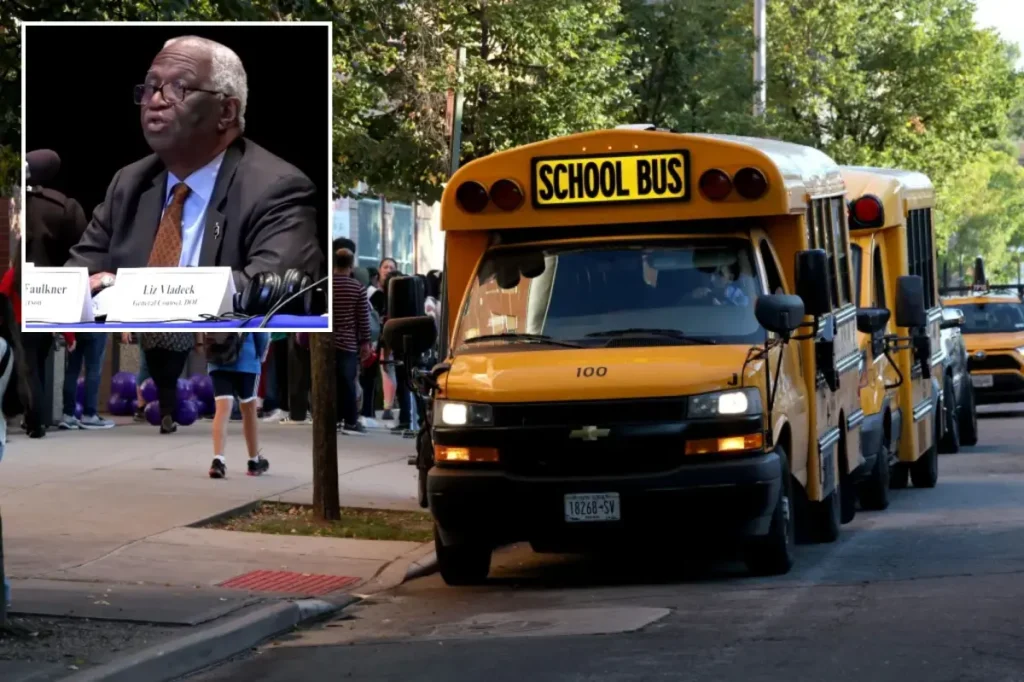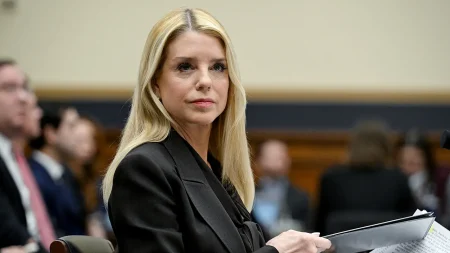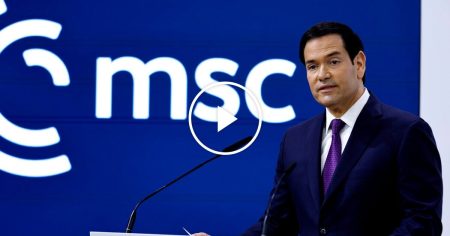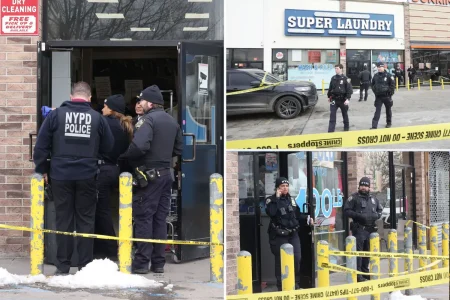School Bus Service Crisis Threatens New York City Students and Workers
In a brewing conflict that could soon impact thousands of New York City families, a coalition of school bus companies is preparing to halt transportation services for 150,000 students and terminate 12,000 unionized workers by November 1st. This dramatic standoff stems from a contract dispute between the bus companies and city officials that has reached a critical breaking point. The companies, including Logan, Transportation Corp., Consolidated, and Pioneer Transportation, have been operating on month-to-month emergency contracts since their formal agreements with the city expired in June. Now, they’re planning to notify the New York State Department of Labor about these massive layoffs under the Working Adjustment and Retraining Notification (WARN) laws, signaling a serious escalation in the dispute that could create widespread disruption across the city’s education system.
The companies argue that without a stable, long-term contract, they cannot commit to purchasing buses or signing the extended leases necessary to maintain their operations. “Indefinite emergency extensions are unfeasible and impractical for transportation companies,” explained John Crowley, the attorney representing the bus companies. He emphasized that a five-year contract cycle is essential for maintaining labor stability and covering the substantial costs associated with acquiring new buses and securing the real estate needed for safe operations. The companies believed they had reached an agreement with Mayor Eric Adams and the Department of Education on terms for a new five-year contract that would include significant improvements: enhanced GPS reporting to improve route service, the purchase of 200 electric vehicles, and a commitment to spend $345 million with minority and women-owned businesses. However, this agreement has stalled in the approval process.
The Panel for Educational Policy (PEP), which must ratify any new contract, has become the central obstacle in resolving this dispute. The 24-member board, which includes a majority of mayoral appointees but currently has vacancies that could affect voting outcomes, has refused to approve the proposed five-year agreement. Instead, they prefer to continue with month-to-month extensions, claiming the new contract lacks adequate employee protections. PEP Chairman Gregory Faulkner has taken a hard stance against the bus companies, accusing them of attempting to hold students “hostage” to secure a more favorable contract. “I cannot understand how these companies believe that threatening to strand our students—most of whom have disabilities—without transportation will compel me or any other Panel member to entrust them with our students for another five years,” Faulkner stated. He characterized the companies’ threat as a “knee-jerk reaction by privileged vendors with outdated contracts” and announced that consideration of the five-year contract would be postponed until November—after the mayoral election.
The timing of this conflict adds another layer of complexity to an already tense situation. The potential cancellation of bus service would come just three days before the November 4th election, potentially influencing the races for mayor and City Council. Faulkner suggested that this timing is relevant to the decision-making process, stating that the mayor-elect should have input on the massive bus contracts they will inherit. Meanwhile, the bus companies had previously delayed sending out WARN notices at the mayor’s office’s request, hoping for a swift resolution to the contract dispute. That resolution now seems increasingly unlikely as both sides dig in their heels, with the PEP scheduling its next meeting for October 29th—just days before the threatened service shutdown would take effect.
The dispute reveals deeper issues with the city’s school bus service that have frustrated parents and students for years. Faulkner highlighted that complaints about bus services have been a “point of friction” for a long time, noting that PEP members have “sat through countless hours of public comment in school auditoriums about the lack of quality service from these bus companies, which receive billions in taxpayer dollars annually under 46-year-old contracts.” In response to these ongoing concerns, the PEP has created a school bus advisory committee that will soon provide recommendations to the companies on improving service. Faulkner emphasized that their priority is “providing school bus service with integrity, safety, punctuality, and better communication, centered entirely on students and families.” This suggests that beyond the immediate contract dispute, there are fundamental questions about the quality and accountability of school transportation services in New York City.
This conflict evokes memories of the city’s last major school bus strike in 2013, which resulted from disputes over job protections for workers when new bus companies were hired during competitive bidding. The current standoff could have similarly far-reaching consequences for students, families, and workers throughout the city. As the November 1st deadline approaches, pressure will mount on both sides to find a resolution that ensures continuity of this essential service while addressing concerns about worker protections and service quality. With the mayor’s office and Department of Education declining to comment on the situation, and with the PEP chairman indicating that contract approval may be delayed until after the election, the path to resolution remains unclear. What is certain is that thousands of New York City students—many with disabilities that make alternative transportation difficult—and the livelihoods of 12,000 workers hang in the balance as this high-stakes negotiation continues.












